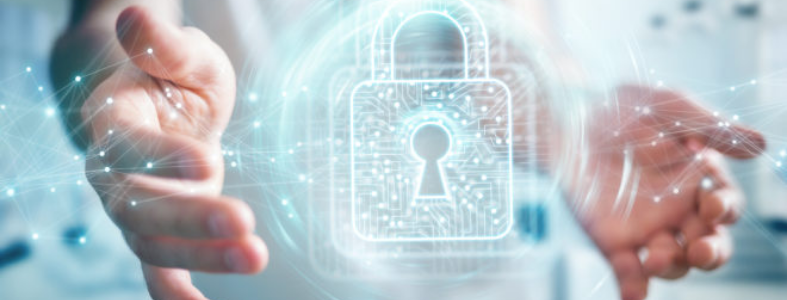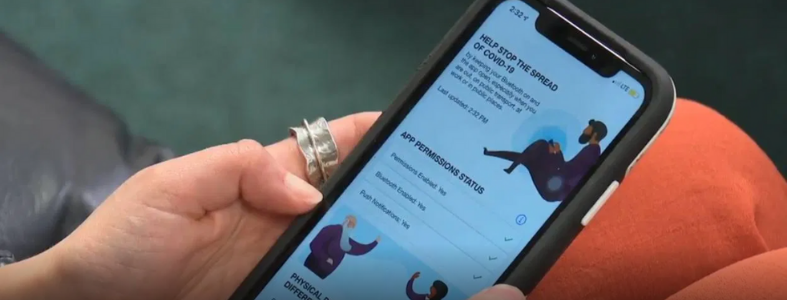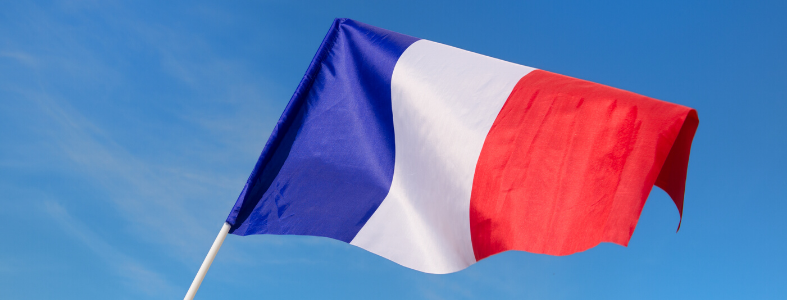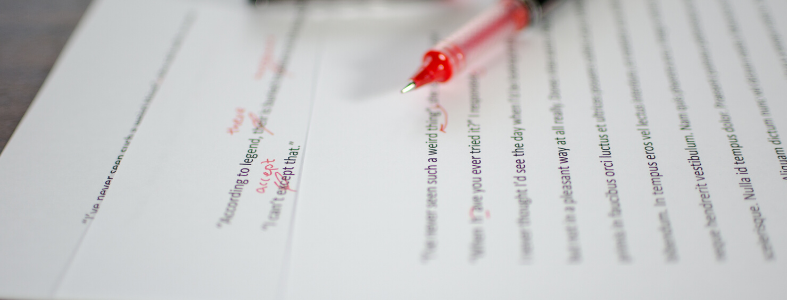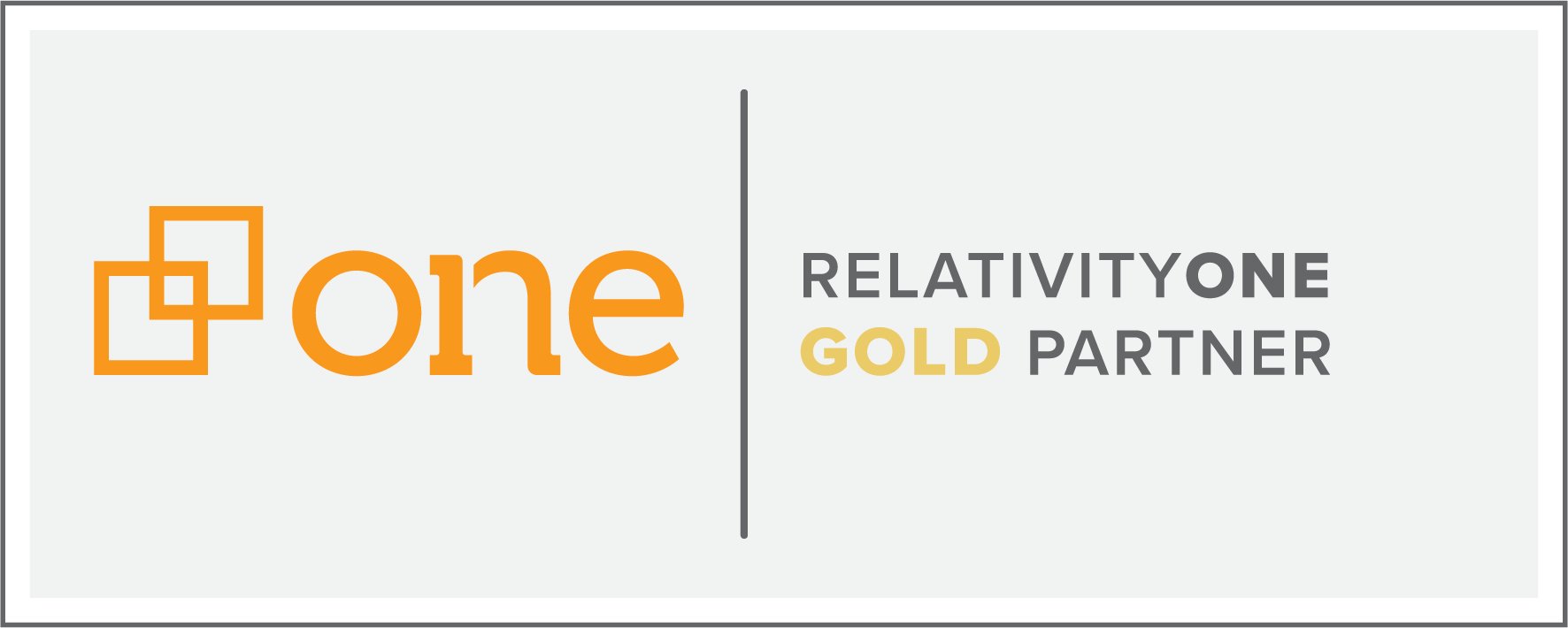Nine great industry news stories from this week you may have missed.
.png?width=787&name=Friday%20Top%209%20Feature%20Image%20(14).png)
Choosing Remote Working Technology For Your Law Firm In 2020: A How-To Guide
While working remotely over the past month, you've likely come across some of your firm's technology deficiencies. If you're considering investing in new software and hardware, be sure to take a look at the 2020 Solo and Small Firm Legal Technology Guide. Published and updated annually by the American Bar Association, it includes top remote working recommendations, the latest in cloud computing and collaboration software as well as time and billing apps. Because most lawyers are working remotely and courts are closed (except for essential matters), Above the Law reports that this year's edition deems scanners as a "must have." To read their full summary, click here.
Coronavirus has us even more hooked on big tech than ever before
Big tech is booming. As millions of people stay inside to help slow the spread of the coronavirus, tech is becoming an even more indispensable part of our lives. CNET reports, "Apple, Amazon, Facebook and Google each reported financial results in the past week with profits and revenue that, while lower than what they could've been before the coronavirus tipped us into a worldwide recession, were still huge." Each company found that its respective niche in our lives has become more important during lockdown. Read the full report here.
The great black swan migration: Time to ditch top-down direction for decentralized experimentation
The term "black swan", coined in Nassim Nicholas Taleb's 2007 book of the same name, speaks to how human beings tend to create retroactive explanations after an extreme impact from a rare and unpredictable outlier event. Some say lawyers, among other professionals, are in the midst of a black swan migration as they cope with the implications of COVID-19. This week, Tim Wilbur wrote an opinion piece for Canadian Lawyer where he argues why it's time for us to move away from a top-down approach to the justice system. Find out why he believes "creating a template for better justice and the legal profession would be a wonderful side effect of a black swan event like this" here.
Canadians have lost more than $1.2 million to COVID-19 scams
Con artists from around the world are preying on the anxious — and it's working. According to CBC, Canadians have lost more than $1.2 million in recent weeks to scammers taking advantage of the COVID-19 pandemic. The Canadian Anti-Fraud Centre has received 739 reports since March 6 of attempts to defraud Canadians with scams related to the pandemic. 178 of those attempts succeeded. The attacks range from infecting computers with malware to sending messages to Canadians stating that they've been exposed to someone who has tested positive for COVID-19. Next, they ask the person to fill out a form which then infects their computers with a Trojan downloader that installs malicious files. Learn all the details of this developing story.
Five ways to protect your business from data privacy litigation
As you can tell from the story above, businesses must fortify themselves against hackers, viruses and the ever-increasing number of virtual threats. If a data breach exposes your clients' information to hackers, you could face crippling fines and lawsuits. To help keep your business one step ahead of cybersecurity threats, Law Technology Today has compiled a list of the top five ways to protect your business from data privacy litigation. From securing your local network to educating your workforce, these tips will help you stay protected, especially while working from home.
Coronavirus: Apple, Google to ban location tracking in joint contact tracing system
Both Apple Inc and Alphabet Inc, whose operating systems power 99 per cent of smart phones, have stated they will ban the use of location tracking apps that use their new contract tracing system to help slow the spread of the novel coronavirus. Last month, the two corporations announced they would work together to create a system for notifying people who have been near others who have tested positive for COVID-19. Now, the companies plan to allow only public health authorities to use the technology. Read the full story on Global News.
How spies snuck malware into the Google Play Store — again and again
Google's Play Store for Android apps has never had a reputation for the strictest protections from malware. Shady adware and even banking trojans have managed over the years to repeatedly defy Google's security checks. Now security researchers have found what appears to be a more rare form of Android abuse: state-sponsored spies who repeatedly slipped their targeted hacking tools into the Play Store and onto victims' phones. Read Wired's recent article to learn why this is happening and how Google's addressing the problem.
StopCovid: the French contact-tracing app
Following the lead of many European countries, the French government plans to introduce a contact tracing app called "StopCovid" which will aim to prevent the spread of COVID-19. The app, which is being developed by the French National Research Institute for Digital Sciences and Technologies (INRIA), will work on the basis of self-reporting. Once a person reports they are infected, the app sends the history of the crypto-identifiers that the device has encountered (the “contact identifiers”) to a central server. The device’s own crypto-identifiers, however, are not disclosed to the central server which means no personally identifiable data is transferred to the central server. Read all the details here.
The curious case of the hyphen in E-Discovery/eDiscovery
Do you spell e-discovery/eDiscovery with or without a hyphen? Here at Ricoh eDiscovery we opt to leave out the hyphen, but that's not to say it's the official industry standard. Zach Warren, Editor-in-Chief of Legaltech News, wrote an opinion piece on the great debate. In an informal poll he conducted via email and Twitter, more than half (54 per cent) of 53 respondents said that “eDiscovery” was their preferred way to spell the term, compared with just 19 per cent for the hyphenated version. An additional 27 per cent said that it doesn’t matter, because it’s all “discovery” anyway.
Even retired American federal judge, Andrew Peck, has weighed in on the subject by saying, "...there is the question of which letter is capitalized. Is it eDiscovery or Ediscovery? Or for that matter EDiscovery?” Perhaps the discussion isn't around the hyphen alone. Furthermore, he suggested, “Maybe it’s time for some publication to have a style guide that answers this question."
Until it's officially declared, it looks like we're all okay to continue spelling it as we prefer.











